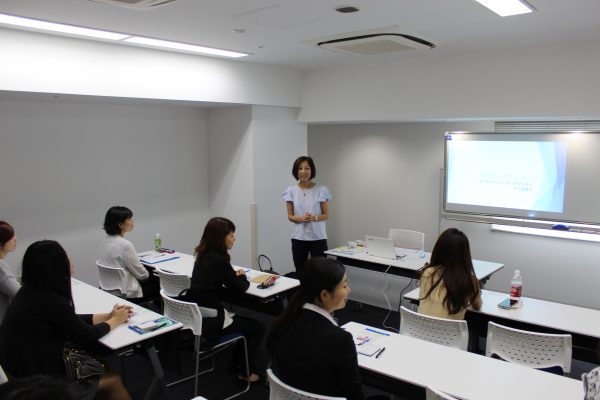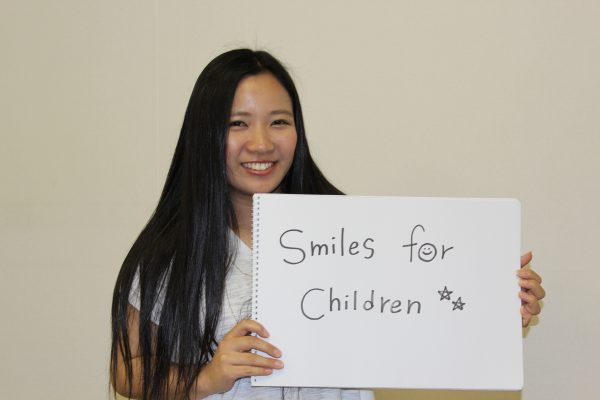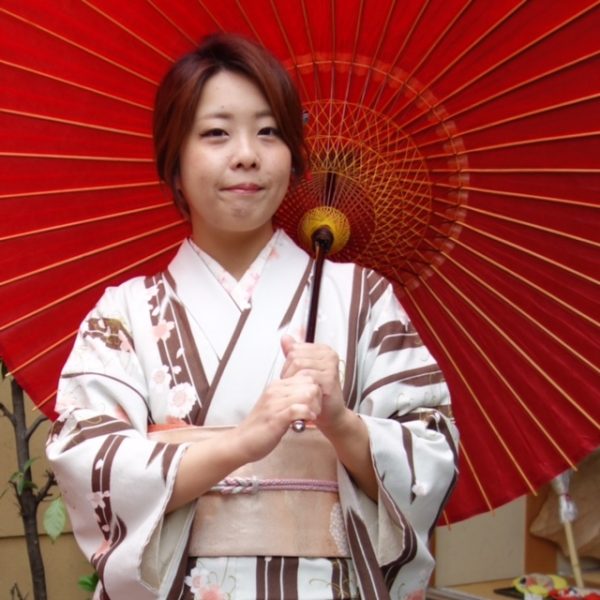When you have an interview with a prospective au pair, you may have already prepared some questions. I would like to suggest several questions you may want to ask when you talk with Japanese au pairs.
1: In addition to asking the au pair’s childcare experiences, ask if she/he has siblings.
I do agree the longer their childcare hours are, the better. But you may also want to find out au pairs have siblings and she/he has been getting used to taking care of her/his brothers and sisters. Living in a bigger family and experienced watching their siblings are practical experiences. If they have several siblings, they normally good listeners, and they are getting used to do some house rolls.
In Japan, many families have only 1 child or maybe two nowadays. But somehow people who want to be au pairs tend to be raised in big families. Since they grew up in a big family, they naturally like kids and good at being with children. Therefore, they think becoming an pair is very attractive.
2: Ask if she/he likes traveling alone.
You may be surprised to hear, but it is common that Japanese nationals live with their parents’ houses even after they graduated from universities or started working as professionals. I, too, went to my university from my parents’s house. I left there when I had a career, but it was physically impossible for me to commute.
You can still see if the au pair you are talking with is independent or not by asking if she/he likes to travel alone. I see many au pairs living with their parents, but love to travel by themselves within Japan or overseas. People who love to travel by themselves do not hesitate asking questions, tend to go out and find friends, and tend to adjust themselves quicker. If they love to travel overseas by themselves, they normally have minimum skills or survival English skills and therefore, they improve English faster.
3: Being silent also means something.
Japanese people tend to think carefully before saying something. We have learned the beauty of silence when we were child. I think it is influenced by ZEN culture. I learned over the years by living in North America, people here normally do not like silence. People in North America tend to think if somebody does not say anything, that means the person is bad or does not have any idea. In Japanese culture, silence has meaning. Silence means people are thinking carefully, organizing their ideas before speaking.
I tell my au pairs that try not to make excessive silence (maybe more than few seconds) when they speak with prospective host families. Yet, you may face a situation that you will have to be bit patient before Japanese au pairs speaking up. Please tolerate few seconds and they will answer.
Japanese au pairs may shy in the beginning. But they are all passionate about becoming au pairs. Let’s have interviews with Japanese au pairs!



